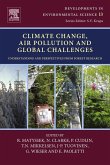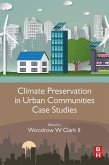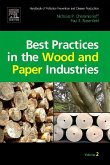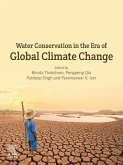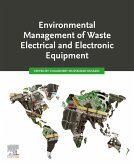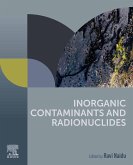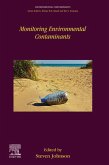Environmental and Pollution Science, Third Edition, continues its tradition on providing readers with the scientific basis to understand, manage, mitigate, and prevent pollution across the environment, be it air, land, or water. Pollution originates from a wide variety of sources, both natural and man-made, and occurs in a wide variety of forms including, biological, chemical, particulate or even energy, making a multivariate approach to assessment and mitigation essential for success. This third edition has been updated and revised to include topics that are critical to addressing pollution issues, from human-health impacts to environmental justice to developing sustainable solutions.
Environmental and Pollution Science, Third Edition is designed to give readers the tools to be able to understand and implement multi-disciplinary approaches to help solve current and future environmental pollution problems.
- Emphasizes conceptual understanding of environmental systems and can be used by students and professionals from a diversity of backgrounds focusing on the environment
- Covers many aspects critical to assessing and managing environmental pollution including characterization, risk assessment, regulation, transport and fate, and remediation or restoration
- New topics to this edition include Ecosystems and Ecosystem Services, Pollution in the Global System, Human Health Impacts, the interrelation between Soil and Human Health, Environmental Justice and Community Engagement, and Sustainability and Sustainable Solutions
- Includes color photos and diagrams, chapter questions and problems, and highlighted key words
Dieser Download kann aus rechtlichen Gründen nur mit Rechnungsadresse in A, B, BG, CY, CZ, D, DK, EW, E, FIN, F, GR, HR, H, IRL, I, LT, L, LR, M, NL, PL, P, R, S, SLO, SK ausgeliefert werden.



